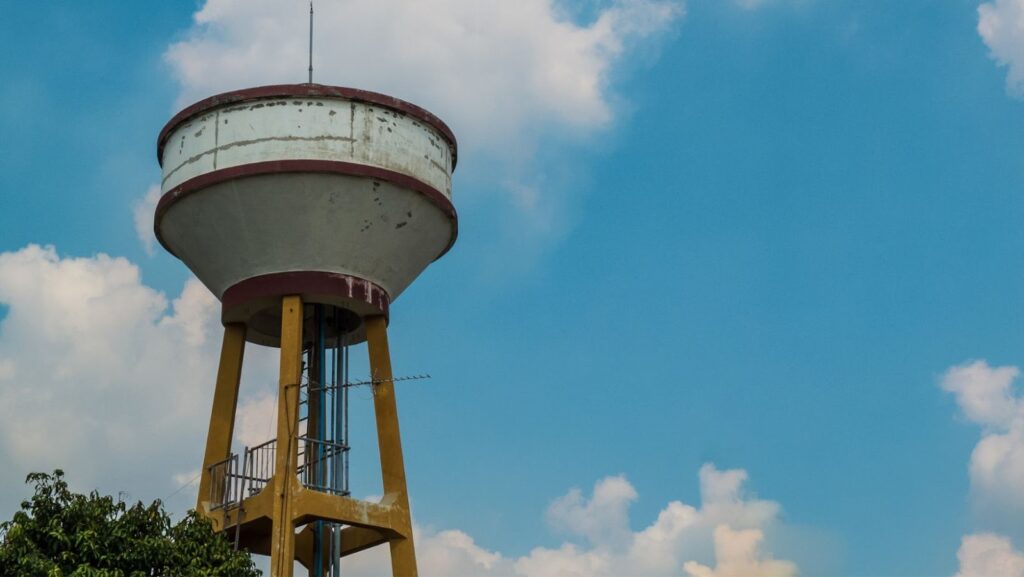Cost-effective and sustainable long-term solutions to municipal resource and systems issues require forward-thinking, innovative problem-solving skills, and engineering expertise. For instance, Sao Paulo, Brazil, strategically installed flow meters, high pressure gauges, and plunger valves into their water purification system to reduce supply loss by as much as 30% volume and new pipe leaks by 50% in the Santo Amaro district.
The Problem
Cities like Sao Paulo, which boasts a growing population of 17 million+ inhabitants, face the unprecedented challenge of delivering potable water and other resources to more people than ever before. Demand is increasing at such a high rate that many developing and threshold countries cannot afford to keep up with the additional distribution system maintenance costs associated. In the case of water supply, under-maintained leaking valves and pipes in places like these result in supply losses as high as 50%.
Compounding the Problem
Many municipalities facing this issue approach the problem of water supply loss by increasing water production. But solutions that create more problems are not viable in the long-term.

By increasing water production, deciding bodies place even more strain on already weakened and damaged distribution systems, making the likelihood of new leakage and ultimate collapse even higher than before.
Solutions
In Sao Paulo, water loss was successfully mitigated by strategizing according to a simple principle. Reduced pressure in the main supply flow results in reduced water loss. Other benefits of implementing a supply-loss-prevention strategy include
● Leakage prevention
● Cost savings
● And minimalization of ecological impact.
By installing pressure gauges, valves, and meters to regulate water flow and establishing real-time monitoring systems with remote technology, other municipalities can learn from Sao Paulo’s success in solving the issue of massive water supply loss.

While installing these intelligent water management systems can be costly, the long-term costs of not implementing them far outweigh the short-term savings. Cities that take this approach are paving the way for a new way of thinking about other public systems.
Future Concerns
To ensure the continued advancement of public supply systems and to avoid infrastructural, economic, and ecological collapse, cities everywhere would benefit from strategic reassessment of said systems. However, these reassessments will only prove fruitful with long-term lean thinking.
If municipalities continue to problem-solve with a “more is more” mindset, such as in the case of increasing water production to combat losses, they set up their systems for an ultimate collapse in exchange for temporary gains. Instead, a “less is more” approach can lead to innovative solutions that reduce losses, cut costs, and improve city life far into the future.


More Stories
WeatherPro Calgary – Providing the Perfect Windows and Doors Products and Services
Ceiling Paint vs Wall Paint: Which is best for you
Time to Wait After Applying Oil Primer to dry